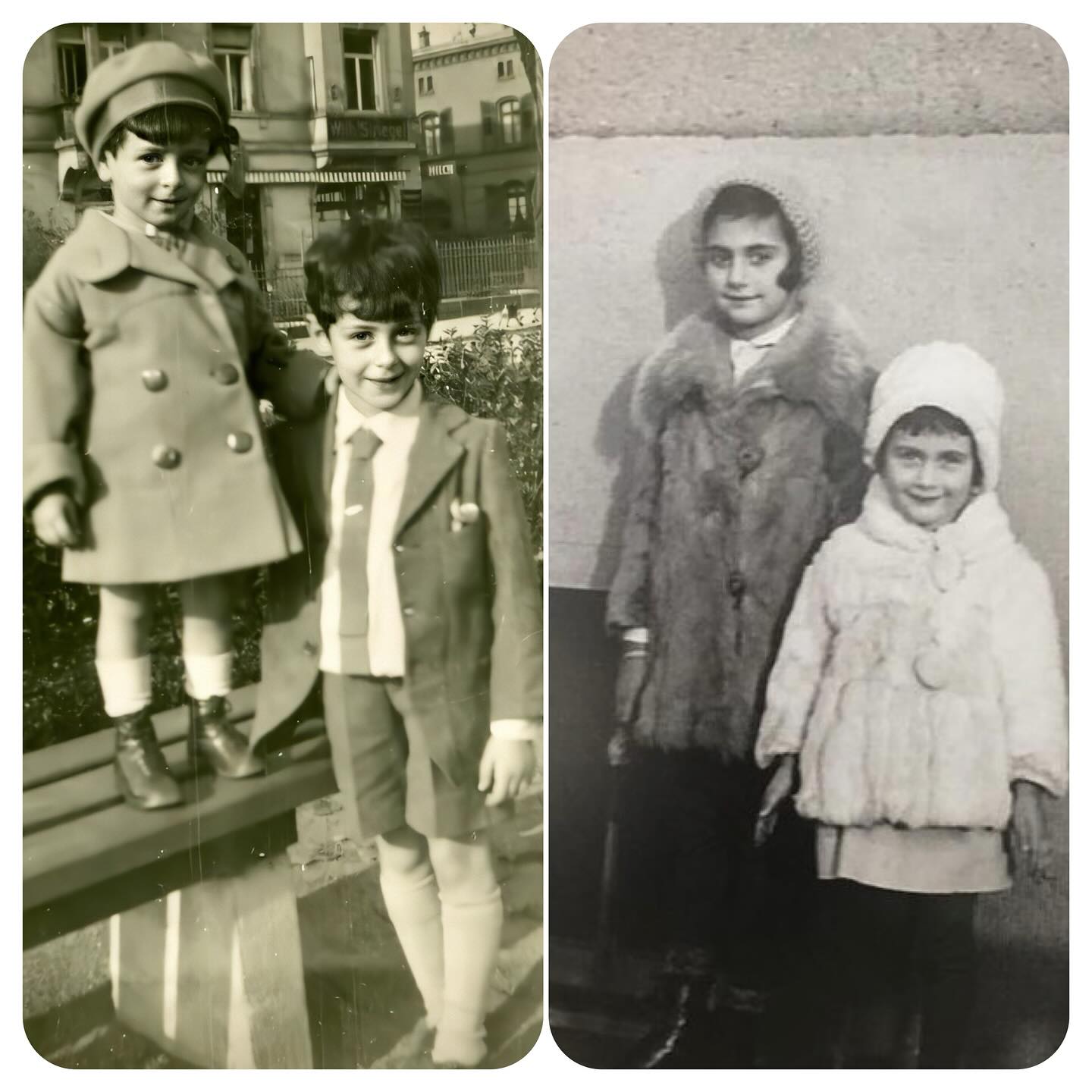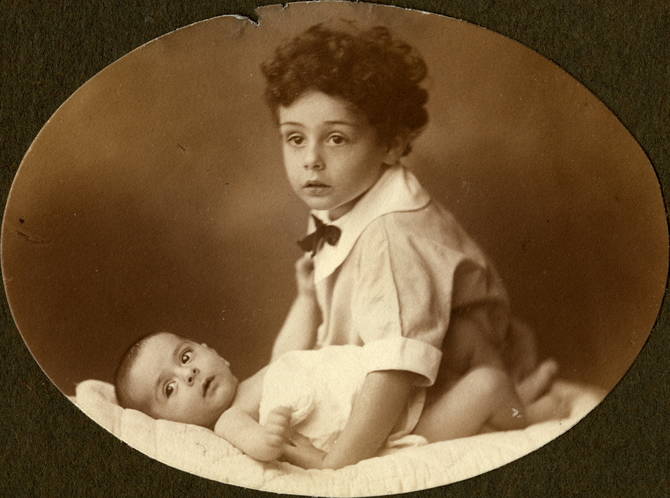A Teenage Life, Interrupted
In May 1942, just weeks before she would go into hiding, Anne Frank wrote a letter to her cousin Bernd on his seventeenth birthday. It’s a message that could have been written by any teenage girl, filled with a familiar mix of casual observations, youthful gossip, and the endless energy of a life lived in a hurry.

“Many happy returns on your birthday,” she begins, a phrase as timeless as the act of celebrating. She reports on her recent holiday, claiming she was “busy every day,” and then quickly pivots to what really mattered to a girl on the cusp of thirteen: boys. She casually mentions that she is “usually escorted home by a young man” and asks after her cousin’s girlfriend. This isn’t the voice of a historical icon; it’s the voice of a young girl navigating crushes and social scenes. She even teases her older sister, Margot, for having a boyfriend who is “even younger than mine.”
The letter is a beautiful, fleeting snapshot of a normal life. Anne’s closing lines, full of hurried excitement, are particularly poignant: “This letter hasn’t turned out to be very long, but I haven’t any time anyway because I’m going with Father to a film show.” This line captures the essence of a happy, busy childhood. She was a girl with a full schedule and a future she was eager to live.

The casual, carefree tone of this letter stands in stark contrast to the months that followed. This was a time before her world shrank to a few rooms, before her pen became her only friend, and before she had all the time in the world to write. The girl who had no time to write a long letter because she was off to a movie with her father would soon find herself with nothing but time, and nowhere to go. This letter reminds us that the story of Anne Frank is not just a historical tragedy, but the loss of a vibrant, ordinary teenage life.